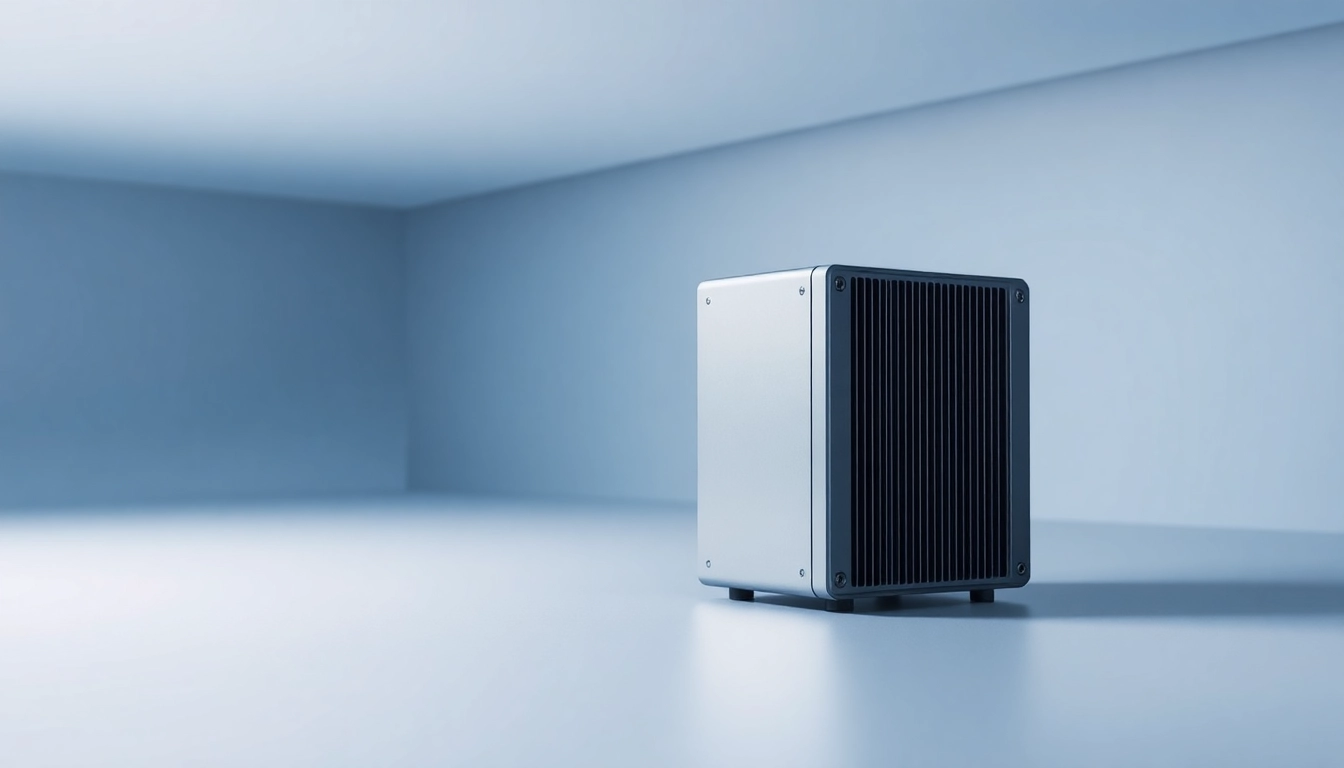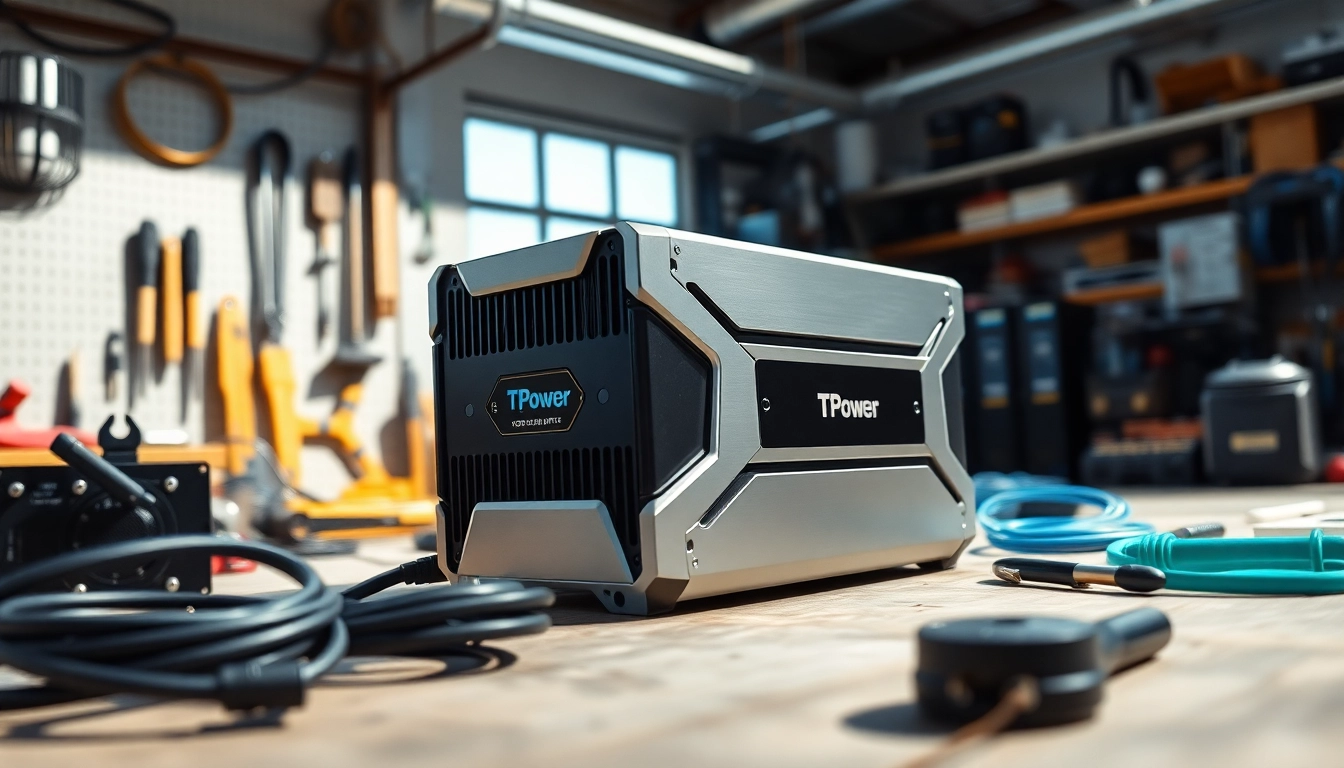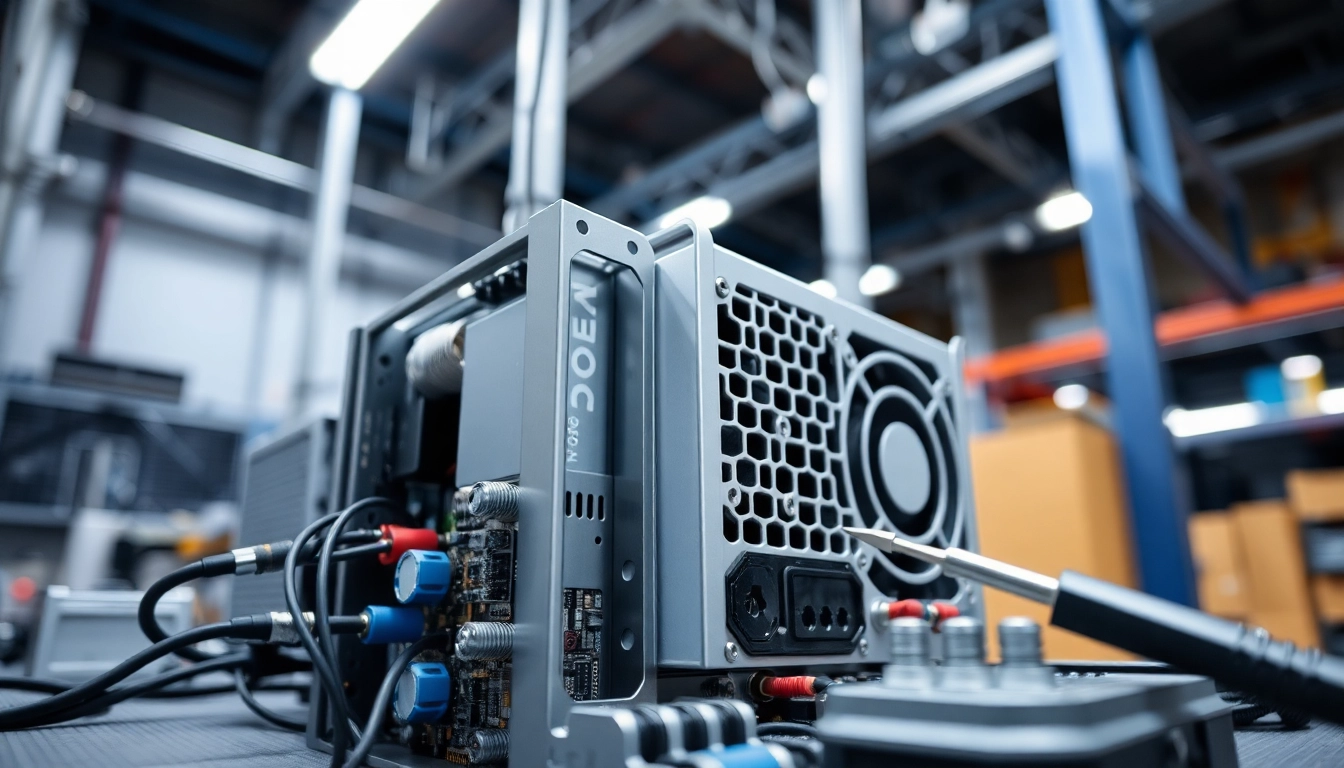Understanding Power Supplies
In the realm of electronics, the significance of a reliable power supply cannot be overstated. Power supply units (PSUs) are pivotal in converting electrical energy into a usable form for electronic devices, ensuring they operate optimally without interruptions. As the demand for quality PSUs grows, understanding the role of a Power Supply Manufacturer becomes increasingly critical, not only for manufacturers who supply these essential components but also for end-users who need to make informed choices for their applications.
What is a Power Supply Manufacturer?
A power supply manufacturer produces devices that convert and regulate electrical power for various applications. They create a myriad of power supply types, including AC-DC, DC-DC converters, and uninterruptible power supplies (UPS). These manufacturers must adhere to strict regulations and standards to ensure that their products provide safe, efficient, and reliable power. They cater to numerous sectors, such as consumer electronics, telecommunications, industrial automation, and medical equipment.
The Role of Power Supplies in Electronics
Power supplies serve as the backbone of electronic systems, facilitating seamless operations across varied applications. They not only supply power but also regulate it to protect sensitive components from fluctuations that could lead to malfunction or damage. In sectors like telecommunications and data centers, for instance, redundant power supplies ensure that operations remain uninterrupted even during outages. Furthermore, as technology progresses, the advent of solar power systems and electric vehicles places even greater emphasis on the need for specialized power supplies.
Common Types of Power Supplies Available
Power supplies come in various forms, each designed to meet specific needs and uses:
- AC-DC Power Supplies: These convert alternating current (AC) from the mains supply into direct current (DC), which is used in most electronic devices.
- DC-DC Converters: These devices step down or step up voltage levels, allowing for efficient power management in battery-operated devices.
- Uninterruptible Power Supplies (UPS): UPS units provide emergency power when the primary power source fails, protecting data and hardware during outages.
- Switching Power Supplies: These are favored for their high efficiency and ability to regulate output voltage and current precisely.
- Linear Power Supplies: Although less common due to lower efficiency, they are still used in specific applications where power noise must be minimized.
Key Features to Look for in Power Supply Products
Efficiency Ratings and Their Importance
Efficiency ratings are crucial for assessing a power supply’s performance, as they indicate how much energy is wasted during the conversion process. Look for power supplies with high-efficiency ratings, typically expressed in percentages (e.g., 80%, 90%). Devices meeting the 80 PLUS certification standards are particularly desired, as they guarantee minimum efficiency and help reduce energy costs.
Reliability and Durability Standards
Reliability is paramount when selecting a power supply, especially in critical applications where failure can trigger significant problems. Manufacturers often adhere to international standards like ISO 9001 for quality management, as well as various testing and certification processes to validate their products’ durability. Checking for certifications from recognized bodies, such as UL or CE, will ensure that the power supply can withstand harsh conditions and operational demands.
Customizable Options and Solutions
Many industries require power supplies tailored to specific requirements. Therefore, flexibility in design and the availability of custom solutions is essential. Whether it’s about voltage specifications, form factors, or additional features such as built-in protections against overloading and short-circuits, manufacturers offering customizable options can better serve diverse market needs.
Leading Power Supply Manufacturers: An Overview
Global Industry Leaders in Power Supply Manufacturing
Several manufacturers stand out in the global power supply landscape due to their extensive offerings and reputation for quality:
- MEAN WELL: A leading global provider of standard power supply products known for their reliability and extensive product range from 0.5W to 25600W. MEAN WELL has carved a niche in both industrial and consumer markets.
- XP Power: Known for its commitment to quality, XP Power specializes in high-efficiency AC-DC power supplies and DC-DC converters suitable for a wide range of applications.
- FSP Group: This manufacturer has gained recognition for its wide array of products, including powerful gaming and server power supplies, as well as industrial solutions.
- Seasonic: Noted for producing high-quality power supplies dedicated primarily to the PC market, Seasonic is known for its reliability and customer satisfaction.
Emerging Players to Watch in 2025
The landscape of power supply manufacturing is evolving rapidly, with new players emerging and existing companies innovating:
- Aegis Power Systems: With a focus on customized power solutions, Aegis is making strides in meeting specific industrial applications.
- Wall Industries: This American manufacturer has been in the business for over five decades, bringing innovative products to the market, focused on military and industrial applications.
- Mean Well’s Variants: As markets change, manufacturers like Mean Well are progressively introducing new products designed to cater to evolving energy requirements and technology advancements.
Comparison of Product Offerings
When analyzing leaders in the sector, understanding the specific product offerings can aid decision-making:
| Manufacturer | Product Range | Market Focus | Certification Standards |
|---|---|---|---|
| MEAN WELL | Power supplies, battery chargers | Industrial, Consumer | ISO 9001, UL, CE |
| XP Power | AC-DC, DC-DC converters | Telecommunications, medical | ISO 9001, RoHS |
| FSP Group | PC PSUs, UPS | Gaming, Industrial | ISO 9001, TUV |
| Seasonic | PC power supplies | Gaming, Consumer | 80 PLUS Gold, Platinum |
Best Practices for Choosing a Power Supply Manufacturer
Evaluating Manufacturer Credentials and Standards
When selecting a power supply manufacturer, thorough vetting is vital. An effective strategy includes checking their certifications, such as ISO 9001 for quality management, and ensuring compliance with industry safety standards. Also, review their history, reputation, and experience within the industry to ascertain their reliability and capability to meet production requirements.
Assessing Customer Support and Warranty Terms
Solid customer support can save time and resources, particularly if technical issues arise. Check the manufacturer’s warranty terms prior to making a decision. A longer warranty can indicate confidence in the reliability of the product, providing peace of mind for customers. It’s advisable to assess the manufacturer’s warranty policy to ensure it covers a reasonable duration, includes terms for support, and specifies replacement or repair options.
Reading Reviews and Testimonials
Consumer feedback can offer insights into a manufacturer’s performance and product reliability. Online reviews, testimonials, and ratings can shed light on others’ experiences regarding product quality, customer service, and support responsiveness. Engaging with user communities on platforms such as Reddit or specialized forums can provide anecdotal evidence that enhances understanding and trust.
Future Trends in Power Supply Manufacturing
Technological Innovations on the Horizon
The future of power supply manufacturing is likely to be influenced by rapid technological advancements. Innovations may include:
- Smart Power Supplies: As the Internet of Things (IoT) expands, power supplies equipped with smart features to optimize performance and monitor energy consumption will become commonplace.
- Integration of Renewable Energy: With increasing shifts toward sustainability, manufacturers are expected to develop power supplies that seamlessly integrate renewable energy sources like solar and wind.
- Advanced Cooling Technologies: As power supplies become more efficient, ensuring effective thermal management via advanced cooling techniques will be crucial for maintaining optimal operation.
Sustainability and Eco-Friendly Practices
As environmental concerns gain prominence, power supply manufacturers are adopting sustainable practices. This includes efforts to use recyclable materials and production processes that minimize waste and energy consumption. Notably, companies that adhere to or achieve certifications such as RoHS (Restriction of Hazardous Substances) are increasingly favored by environmentally conscious consumers.
Market Demand and Consumer Preferences
Understanding evolving market demand and consumer preferences is essential for manufacturers. Increasing consumer awareness, preferences for eco-friendly products, and demand for high efficiency are influencing product design and features. Manufacturers must remain responsive to these trends to stay competitive and relevant in an ever-changing marketplace.



